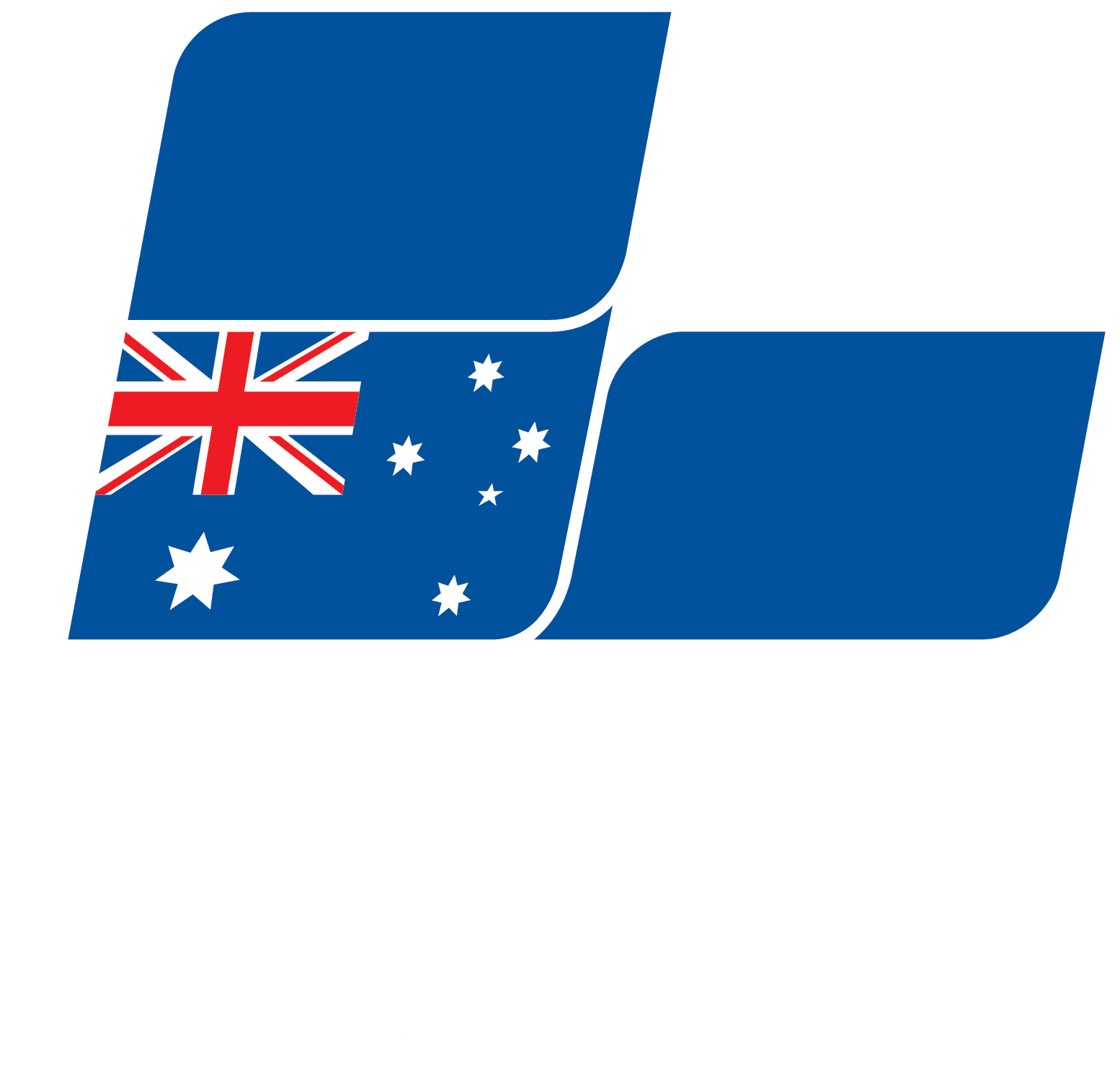Take note of answers – Energy, Pauline Hanson’s One Nation – 17 August 2017
Senator REYNOLDS (Western Australia) (15:06): Today in question time we had a very sobering reminder of the power that all of us have in this place and the power our words and actions can have in our broader community. For me, it was a salutary reminder that what we do and say in this place can have a great impact in the community. The impact can either be positive, uplifting and uniting or appeal to the worst aspects of human nature. For me, question time today was a salutary reminder of that. We’ve seen many things in the chamber this week that have united us, where we’ve come together on a bipartisan basis to do good for all Australians. But we’ve also seen on all sides of this chamber examples where that has not occurred.
I’m very conscious that we in this place have an important responsibility to all Australians. National security, and keeping our people safe, is probably the primary responsibility of governments and parliaments in this nation. However, the freedoms and liberties of all Australians—whether enshrined in our Constitution, by precedent or by an understanding of what we hold most valuable in this place—are two competing interests. We don’t have a bill of rights in our Constitution. Our founders believed we could get right in this place a balance between keeping people safe and protecting their individual freedoms.
I think some people in this place would know that I am certainly a very strong supporter of tough national security measures. I worked in this area for many years. As I’ve said before in this place, I have seen and smelt the consequences of terrorism. I worked with the victims of terrorism for years. So I know better than most people in this place the consequences for Australians and the reasons we need to keep them safe. But I also know that if we let fear and the worse aspects of our natures, and the worse aspects of those who would do us evil, get the better of us then we’ve lost the fight and lost that balance.
In relation to the issue at hand today, in relation to the burqa, I do acknowledge that, in some parts of the world, many religions, including Christianity and Islam, are taken out of context and used to inflict great harm and great evil on people. That is the case sometimes with the burqa as well. But that is a very different situation from here in Australia.
The need for identification is not an issue of religion. I think, as Senator Fierravanti-Wells has said previously, it is an agnostic issue which needs to be separated from any issue of religion. As a member of a Liberal government, I know that we believe in inalienable rights and freedom for all people and being free from interference in our daily lives. I believe that involves people’s choice of clothing and how they choose to express their religious beliefs, whether it is a nun’s habit, a Christian cross, or a hijab or a burqa. If women or men are wearing their clothes of choice, free from interference, coercion and persuasion and not as a means of being subjected to somebody else’s will but as an empowering action for themselves, I think that we have no place telling people what they should be wearing. But, that said, the President also outlined that there are national security issues and issues with security for all of us in this chamber, and also for those in the public galleries, and I believe the measures that are being taken to establish identity without interfering with anybody’s privacy are sufficient.
Further in relation to this, I’d just like to quote a little bit more from my colleague Senator Fierravanti-Wells. She said this recently:
It is always regrettable that women, especially Muslim women, are criticised or attacked for what they choose to wear. We are a free society and it is not the business of government to tell people what they should and should not wear.
(Time expired)


